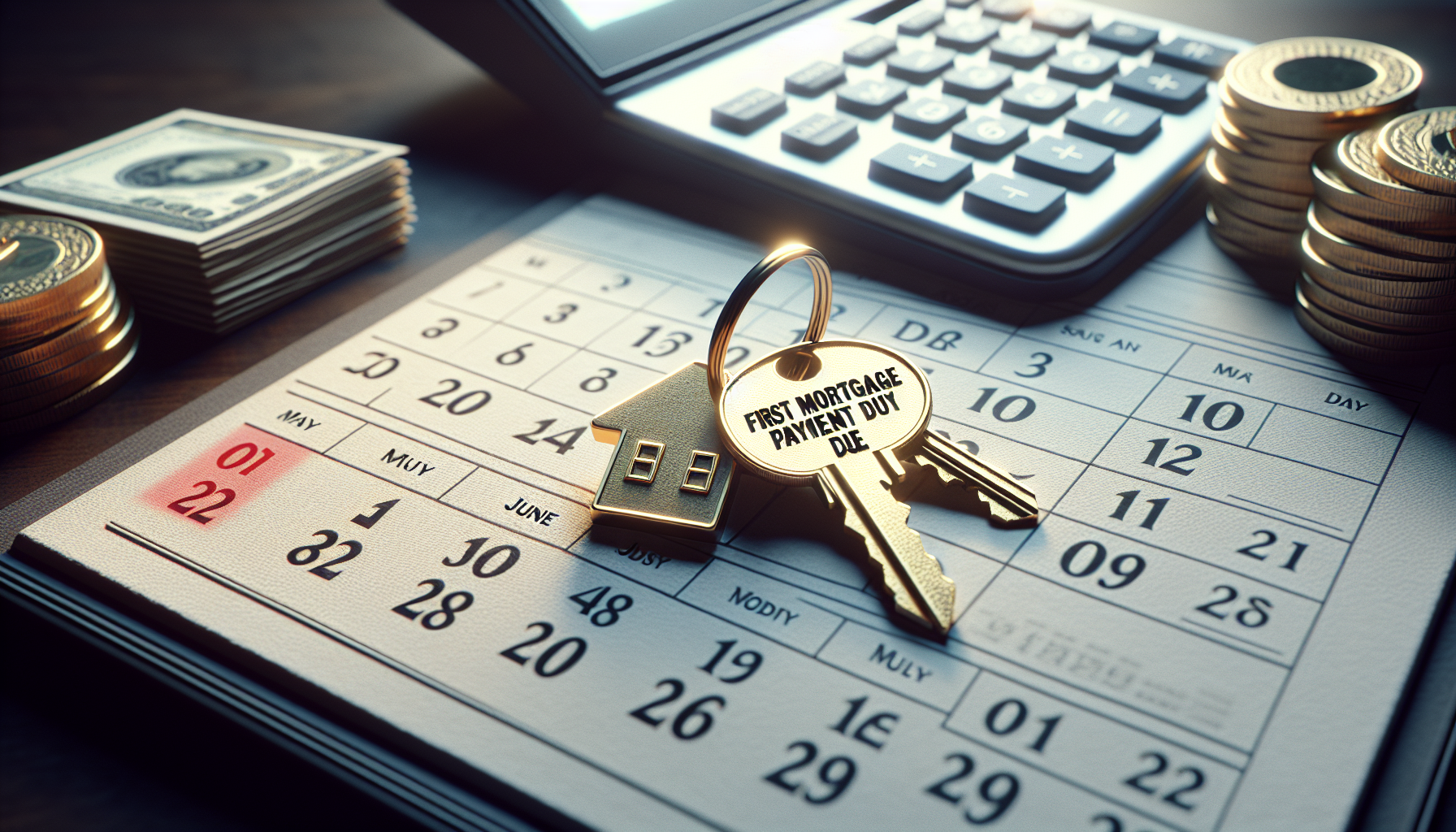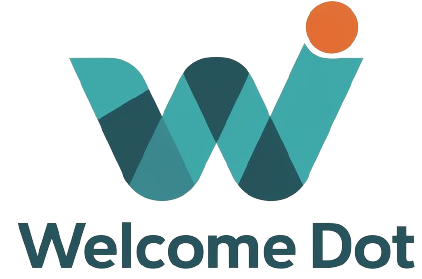
When Is My First Mortgage Payment Due if I Close June 1st?
When you close on a home purchase, one of the first things on your mind is likely, “When is my first mortgage payment due?” Understanding the timeline for your initial payment is crucial for financial planning and ensuring you stay on top of your new obligation as a homeowner. In this article, we’ll explore when you can expect to make your first mortgage payment if you close on June 1st, as well as dive into the components of your mortgage payments and provide tips for managing them effectively.
Understanding First Mortgage Payment Due Date
Typical First Payment Due Date
Generally, your first mortgage payment is due one full month after your closing date. This means if you close on June 1st, your first payment would typically be due on August 1st. The reason for this delay is that mortgage payments are made in arrears, covering the previous month’s interest and principal. So, your August 1st payment would cover the interest and principal for the month of July.
It’s important to note that your lender will provide you with the exact due date for your first payment at closing. They will also send you a first payment letter, which outlines the details of your initial payment and provides instructions on how to make it.
How Closing Date Affects First Payment Date
Your closing date plays a significant role in determining when your first mortgage payment is due. As mentioned, most lenders require your first payment to be made one full month after closing. However, if you close near the end of the month, your first payment might be due slightly later than one month.
For example, if you were to close on June 25th instead of June 1st, your first payment would likely be due on September 1st rather than August 1st. This is because there wouldn’t be a full 30 days between your closing date and August 1st.
Maximum Time Limit for First Payment
While the typical due date for your first mortgage payment is one month after closing, there is a maximum time limit. Most lenders require your first payment to be made within 60 days of closing, regardless of your closing date.
So, even if you closed on June 30th, your first payment would still be due no later than September 1st (assuming the months of July and August both have 31 days). This 60-day limit ensures that too much interest doesn’t accrue before your first payment is made.
Mortgage Payment Components and Amount
Interest and Principal in First Payment
Your mortgage payment is made up of several components, with the two main parts being principal and interest. Principal refers to the original amount you borrowed, while interest is the cost of borrowing that money. Your first mortgage payment will include a portion of both.
However, your first payment will also include any prepaid interest that was not paid at closing. Prepaid interest is the interest that accrues on your loan between your closing date and the end of that month. This amount is typically rolled into your closing costs.
Escrow Account for Taxes and Insurance
In addition to principal and interest, your mortgage payment may also include funds for your escrow account. An escrow account is set up by your lender to collect money for property taxes and homeowners insurance. These funds are collected as part of your monthly mortgage payment and then paid out by your lender when those bills come due.
The amount collected for your escrow account is based on the estimated annual cost of your property taxes and insurance, divided by 12. This amount is added to your principal and interest payment to determine your total monthly mortgage payment.
First Payment Amount vs Subsequent Payments
In most cases, your first mortgage payment amount will be the same as your subsequent monthly payments. Your payment amount is determined by your loan amount, interest rate, and loan term, which are all established at closing.
| Component | First Payment | Subsequent Payments |
|---|---|---|
| Principal | Yes | Yes |
| Interest | Yes + Prepaid Interest | Yes |
| Escrow (Taxes & Insurance) | Yes | Yes |
| Total Payment Amount | Same* | Same |
*The first payment may be slightly higher if it includes prepaid interest not paid at closing.
Making Your First Mortgage Payment
Payment Methods and Instructions
Most lenders offer several ways to make your mortgage payment, including:
- Online payment: Many lenders have an online portal where you can securely make your payment directly from your bank account.
- Check payment: You can mail a check to your lender. Be sure to send it early enough to arrive by your due date.
- Auto-pay: You can set up automatic payments to be drafted from your bank account each month.
Your lender will provide specific instructions for making your payment. Be sure to follow these carefully to ensure your payment is received and processed correctly.
Grace Period and Late Payments
Most lenders offer a grace period for mortgage payments, typically around 15 days after your due date. This means if your payment is due on the 1st, you may have until the 16th to make your payment without incurring a late fee.
However, it’s important to make your payments on time whenever possible. Late payments can result in fees and can also negatively impact your credit score if they are more than 30 days overdue.
Impact of Late Payments on Credit Score
Mortgage lenders report your payment activity to the credit bureaus each month. If you make your payment more than 30 days late, this late payment will be reported and can significantly lower your credit score.
A single late payment can drop your score by dozens of points, making it more difficult and expensive to borrow money in the future. It’s crucial to prioritize your mortgage payment and contact your lender immediately if you’re having trouble making your payments.
Tips for Managing Your Mortgage Payments
Setting Up Automatic Payments
One of the best ways to ensure you never miss a mortgage payment is to set up automatic payments. With auto-pay, your mortgage payment is automatically drafted from your bank account each month on your due date.
This not only helps you avoid late fees and credit score damage but also gives you one less thing to worry about each month. Many lenders offer a small interest rate discount for setting up auto-pay as well.
Paying Extra Towards Principal
If you have extra room in your budget, consider making additional payments towards your loan principal. Even small extra payments can add up over time, helping you pay off your mortgage faster and save on interest.
For example, if you have a $250,000 mortgage at 3.5% interest and make an extra $100 payment each month, you could pay off your mortgage almost 5 years early and save over $25,000 in interest.
Bi-weekly Payment Plans
Another strategy for paying off your mortgage faster is to enroll in a bi-weekly payment plan. With this approach, you make half of your mortgage payment every two weeks, rather than one full payment each month.
Because there are 26 two-week periods in a year, this results in making the equivalent of one extra monthly payment each year. Over the life of your loan, this can shave several years off your repayment term and save you thousands in interest.
Understanding when your first mortgage payment is due is a critical part of homeownership planning. By familiarizing yourself with the components of your mortgage payment, the impact of your closing date, and strategies for managing your payments, you can confidently navigate this new financial responsibility. Remember, if you ever have questions or concerns about your mortgage payments, don’t hesitate to reach out to your lender for guidance.
See also:
- When Is My First Mortgage Payment Due?
- When Is First Mortgage Payment Due?
- When Is Your First Mortgage Payment Due?
- What Is a Mortgage Statement: Understanding and Reading Your Monthly Statement
- Understanding the Components of a Monthly Mortgage Payment
